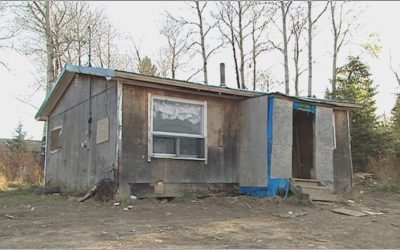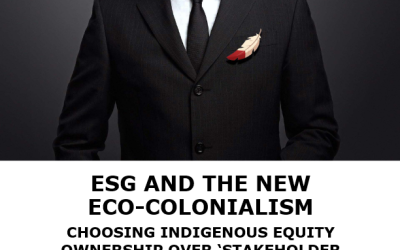Much ado is being made about a recent illegal cigarettes seizure in southern Manitoba. The tobacco products were sold on a Dakota smoke shop. Although the cigarettes (manufactured on Mohawk territory in Quebec) were federally licensed, they were not stamped for sale in Manitoba.
As a First Nation in Manitoba, the Dakota bands involved in setting up the smoke shop and selling the cigarettes are legally bound by Manitoba’s Tobacco Tax Act, which limits tax exempt cigarettes to residents of the reserve or status Indians. The tax exempt cigarettes should not be legally sold to non-residents, but this is where the money is made.
Although Manitoba authorities in this case did enforce the law (along with help from the RCMP), in many cases, the political will to enforce the law is lacking.
While there are reasons to tackle the illegal cigarette market (links to organized crime, easy to sell to minors, loss of revenue to govt, etc), it may be better to adopt a carrot approach, rather than a stick. The Mackinac Center, a Michigan-based think tank, has looked at this problem, which occurs in the U.S. where tribal authorities resist federal or state intrusion on this practice.
However, an answer may be entering into agreements with specific First Nations to collect tax on non-Aboriginals buying tobacco on reserve, but in such a way that it ends up benefitting the band.
For example, Yakama Nation and the state of Washington signed a cigarette taxation agreement under which the Yakama Nation imposes a tax on purchases by non-Natives equal to the combined state cigarette and sales tax. In exchange, the state agrees to not impose its tax on cigarette purchases by non-Indians from reservation smokeshops.
The National Conferences of State Legislatures states this is the 12th agreement the state has reached with Indian tribes since negotiations began in 2001. Revenue from the tax supports the Yakama Nation’s government services.
Something similar should be explored more often in Canada.


